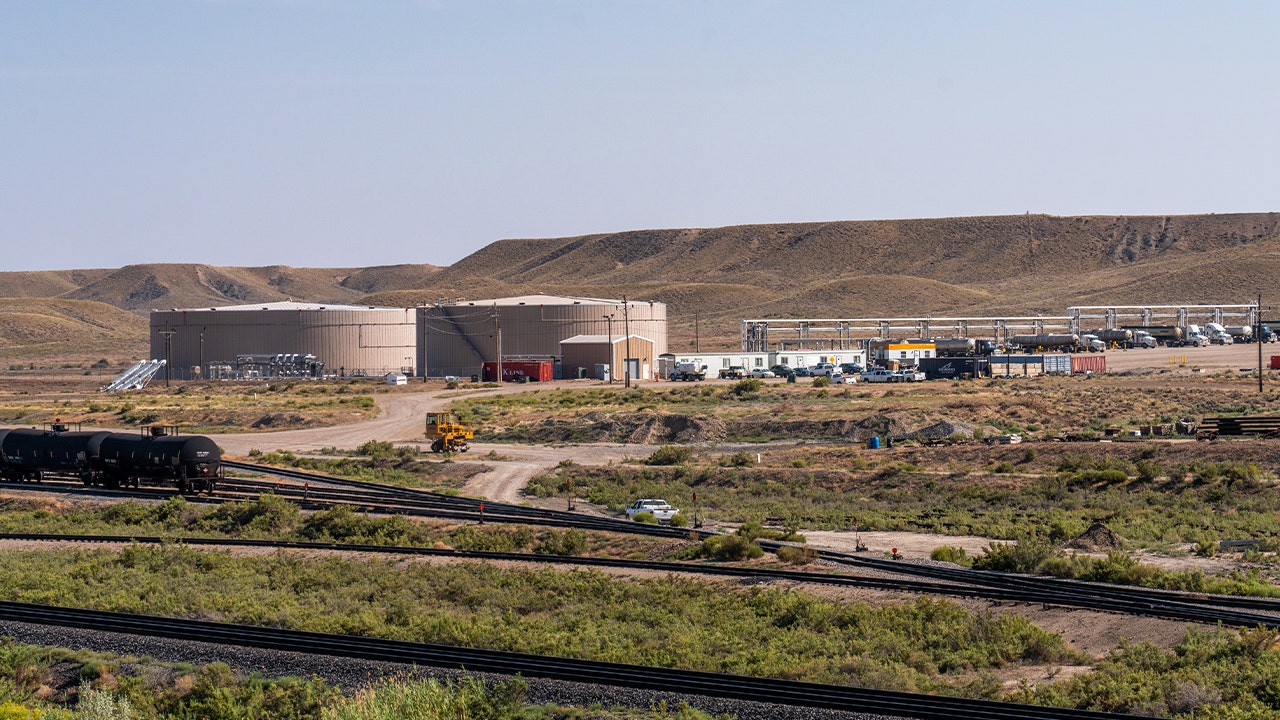SCOTUS hears arguments in case that could reshape environmental law

The Supreme Court of the United States heard oral arguments on Tuesday in a case that could have far-reaching implications for environmental law and the future of an oil railway project in the western United States. The case, Seven County Infrastructure Coalition v. Eagle County, centers around the interpretation of the National Environmental Policy Act (NEPA), a law that requires federal agencies to conduct a thorough review of environmental impacts before making decisions.
At the heart of the case is a proposed over 80-mile transportation system that would connect crude oil from Utah’s Uinta Basin to a national railway. The Seven County Infrastructure Coalition (SCIC) petitioned the Surface Transportation Board (STB) to build the railway, but opponents in Eagle County, Colorado, argued that the environmental impact statement released by the STB did not adequately consider all of the project’s environmental effects, in violation of NEPA.
The case made its way to the D.C. Circuit Court, which ruled that the STB had indeed violated environmental law and ordered a more thorough review to be conducted before the project could move forward. The SCIC then petitioned the Supreme Court to hear the case, which brings us to the present oral arguments.
During the arguments, attorney Paul Clement, representing the SCIC, argued that NEPA should be limited to considering only the “proximate effects” of a project, rather than requiring agencies to study all potential environmental impacts. Clement contended that NEPA is a procedural statute designed to inform government decision-making, not to stall or block projects.
Several justices seemed open to reevaluating the scope of NEPA, questioning whether the D.C. court’s demand for a new, comprehensive environmental review was necessary. Justice Sonia Sotomayor raised the point that the issue at hand was whether the STB had been arbitrary and capricious in not considering additional environmental factors.
The case has broader implications beyond the Uinta Basin Railway, according to Sam Sankar, vice president of programs at Earthjustice. Sankar warned that the fossil fuel industry and its allies are pushing for radical changes that could overlook significant health consequences of government decisions if NEPA’s scope is narrowed.
Justice Neil Gorsuch recused himself from the case, leaving the remaining justices to weigh the arguments presented. The outcome of this case could reshape how environmental reviews are conducted for future projects and may impact communities across the country. Stay tuned for the Supreme Court’s decision on this pivotal case.




